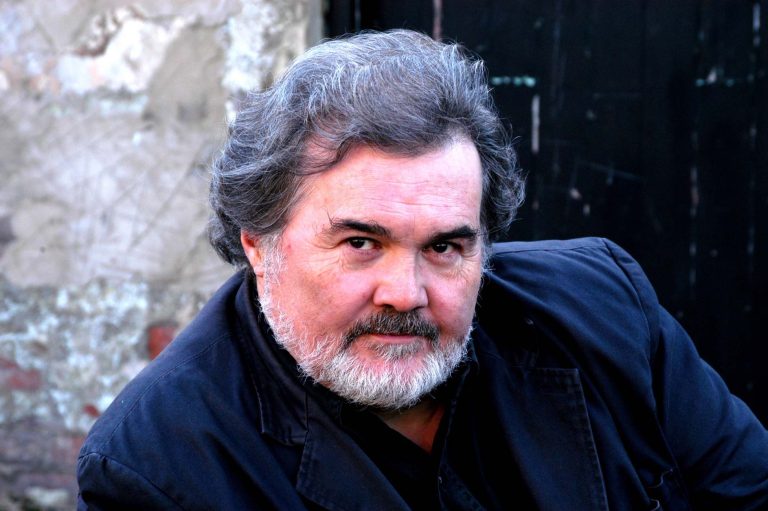“A line is a subdivision of a poem, specifically a group of words arranged into a row that ends for a reason other than the right-hand margin. This reason could be that the lines are arranged to have a certain number of syllables, a certain number of stresses, or of metrical feet; it could be…
“A line is a subdivision of a poem, specifically a group of words arranged into a row that ends for a reason other than the right-hand margin. This reason could be that the lines are arranged to have a certain number of syllables, a certain number of stresses, or of metrical feet; it could be that they are arranged so that they rhyme, whether they be of equal length or not. But it is important to remember that the poet has chosen to make the line a certain length, or to make the line-break at a certain point.” The Poetry Archive (www.poetryarchive.org) thus explains the structural foundation of all poems. With this in mind, what effects does P.K. Page achieve with the choices she’s clearly made regarding the lines in Funeral Mass?
The striking brevity of each line in this poem drives home that something very small is being considered. The one line that stands completely alone says it most nakedly, starkly, plaintively.
That Page uses few words emphasizes that more words are not possible in the face of such grief – the loss of a very young child – and more words are not necessary. The few words Page chooses carefully, concisely are that much stronger because they stand nearly alone in each short line. The father’s suit, appropriate for the very sad occasion, is not just black, but “blackest”. That stands in sharp contrast to the “white and gold” box that he bears.
Page takes simple, monosyllabic words served up in the poem’s short lines to capture how the parents are feeling. Those few words verge on blunt – “sweats” and “weeps” and “leans” – but they illustrate plainly and poignantly the father and the mother’s stunned, abject grief.
In contrast, the same short lines with which the poem continues seem freighted as Page turns her eyes to those conducting the funeral ceremony. It seems as if those same short lines will break under the ponderous weight of the adjectives and verbs associated with the priests: “elaborate”, “embroidered”, “impervious” and “intricate”.
In the last couplet, Page brings together with succinct, telling power the cold, ornate formality of the funeral observance in contrast to the simple, unalloyed sorrow of the parents.
this sinless homunculus
this tiny seed



